Contents
Space vocabulary is essential for discussing the universe. In this blog post, you will learn important space-related terms that will help improve your English when talking about outer space. Mastering these words will allow you to describe astronomy topics easily and effectively. Understanding space vocabulary is important for anyone interested in exploring the mysteries of space in the English language.
To learn more vocabulary on different topics, visit our vocabulary category.
Space Vocabulary Words with Pictures
Here are some popular space vocabulary words with pictures:
Space Vocabulary
Learn More About Space Vocabulary with Pictures
Here, you can learn more about space vocabulary with pictures:
Mercury

Mercury is the smallest planet in our solar system, located closest to the Sun. It has extreme temperature variations, with scorching hot days and freezing nights.
Venus

Venus is the second planet from the Sun and is known for its thick atmosphere, trapping heat and making it one of the hottest planets in our solar system.
Earth

Earth is our home, the third planet from the Sun, and the only known celestial body to support life. It has a diverse environment with land, water, and a life-sustaining atmosphere.
Mars

Often called the “Red Planet,” Mars is the fourth planet from the Sun. It’s known for its reddish appearance due to iron oxide on its surface. Scientists explore Mars for signs of past or present life.
Jupiter

Jupiter is the largest planet in our solar system, known for its massive size and powerful storms. It’s a gas giant with no solid surface.
Saturn

Saturn is famous for its stunning ring system, composed mainly of ice particles and rocky debris. It is the sixth planet from the Sun.
Uranus

Uranus is a gas giant, and its distinctive feature is its tilted axis, causing it to rotate on its side. It is the seventh planet from the Sun.
Neptune

Neptune is the eighth and farthest planet from the Sun. It is a blue gas giant, similar in composition to Uranus.
Sun

The Sun is a star at the center of our solar system, providing light and heat essential for life on Earth through nuclear fusion reactions.
Full Moon

The Full Moon occurs when the Moon is fully illuminated, with its entire face visible from Earth.
Half Moon

A Half Moon occurs when half of the Moon is illuminated, creating a distinct semicircular shape.
Crescent moon

A Crescent Moon appears as a thin, curved sliver of light on one side, just after or before a New Moon.
New moon

A New Moon is not visible from Earth as it occurs when the Moon is positioned between the Earth and the Sun, with its dark side facing us.
Alien

In the context of space, an Alien refers to extraterrestrial life or beings from other planets.
Lunar

Anything related to the Moon is described as lunar, like lunar phases or lunar exploration.
Star

A star is a luminous celestial object composed of hot, glowing gases, producing its light through nuclear fusion.
Asteroid

Asteroids are small, rocky objects orbiting the Sun, primarily found in the asteroid belt between Mars and Jupiter.
Galaxy

A galaxy is a vast system of stars, gas, dust, and dark matter bound together by gravity, with the Milky Way being our home galaxy.
UFO

UFO stands for Unidentified Flying Object, an object in the sky that cannot be identified or explained readily.
Constellation

A constellation is a recognizable pattern of stars in the night sky, often forming imaginary shapes or figures.
Gravity

Gravity is the force that pulls objects with mass toward one another, keeping planets in orbit around the Sun.
Comet

A comet is a celestial body composed of ice, dust, and gases that develop a bright tail when close to the Sun.
Solar System

The Solar System is a collection of celestial bodies, including the Sun, planets, moons, asteroids, and comets, bound together by gravity.
Space Shuttle

A space shuttle is a reusable spacecraft designed for carrying astronauts and cargo to and from space.
Rocket

A rocket is a vehicle that propels itself through space by ejecting exhaust gases produced by onboard engines.
Satellite

A satellite is an object orbiting a larger celestial body, like Earth, and can be natural (moons) or artificial (human-made).
Planet

A planet is a large, round object that orbits a star, like Earth, Jupiter, or Mars.
Eclipse

An eclipse occurs when one celestial body passes in front of another, blocking its light. Solar eclipses involve the Sun, and lunar eclipses involve the Moon.
Astronaut

An astronaut is a trained individual who travels to space aboard spacecraft for scientific research, exploration, or other missions.
Orbit

Orbit is the curved path that an object, like a planet or satellite, follows as it revolves around another celestial body, typically the Sun or a planet.
FAQs
Here’s a short list of space words:
Planet – a big ball orbiting a star.
Star – a hot, shining ball of gas.
Galaxy – a group of stars and planets.
Moon – a natural object orbiting a planet.
Astronaut – a person who travels in space.
Orbit – the path an object takes around something.
Meteor – a small rock from space.
Comet – an icy object with a tail.
Satellite – an object orbiting a planet.
Black Hole – a spot in space with strong gravity.
“Space” in simple words can mean:
Room – the empty area around things.
Outer space – the area outside Earth, where stars and planets are.
Gap – the empty spot between things.
Distance – how far apart things are.
Time – when we have extra time for something.
Here are some easy words related to outer space:
Galaxy – a group of stars and planets.
Planet – a big ball that orbits a star.
Star – a hot, shining ball of gas.
Moon – a rock that orbits a planet.
Comet – a small icy object with a tail.
Astronaut – a person who goes to space.
Satellite – an object that orbits a planet.
Black Hole – a place in space where gravity is very strong.
Asteroid – a small rock in space.
Nebula – a cloud of gas and dust in space.
Here are some simple words to describe space:
Huge – space is really big.
Endless – space seems like it never stops.
Quiet – there’s no sound in space.
Dark – space looks mostly black.
Mysterious – there’s still a lot we don’t know about space.
Big – space covers a lot of area.
Far – things in space are very far away.
Bright – stars and planets make space look bright in places.
Wide – space is very wide.
Empty – space has very little in it.
You May Also Like
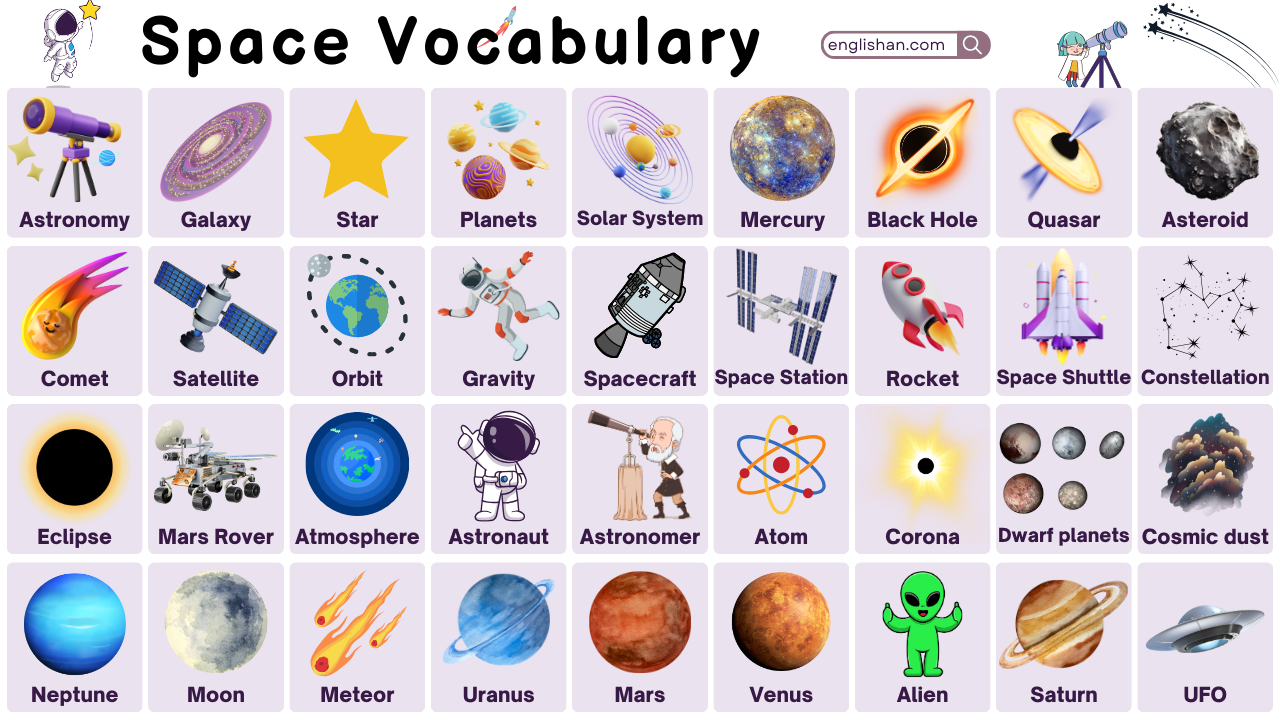



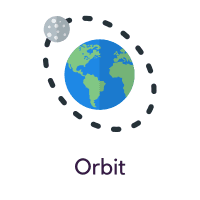
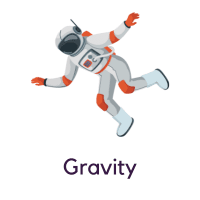
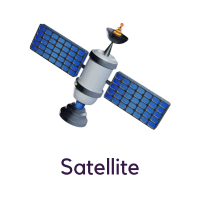


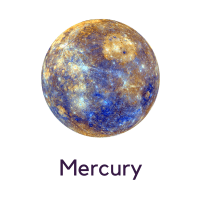

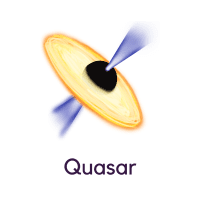


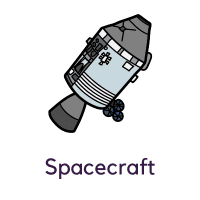
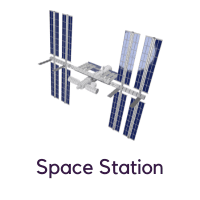
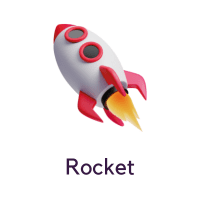


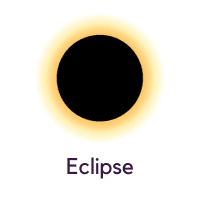
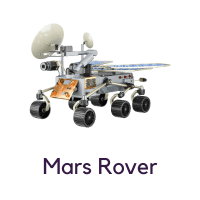

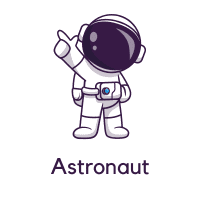
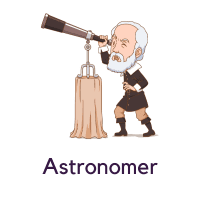

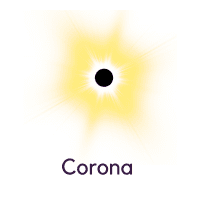
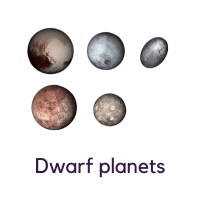
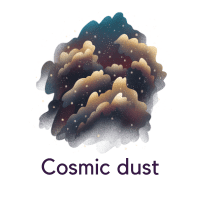
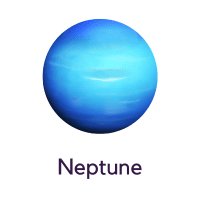
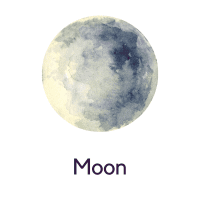
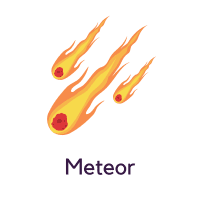

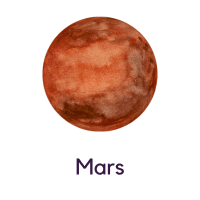
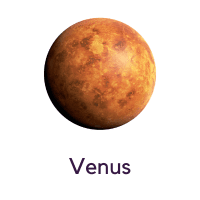
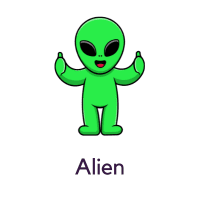
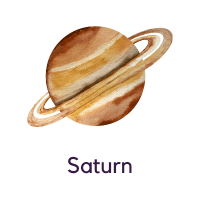

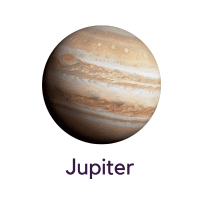
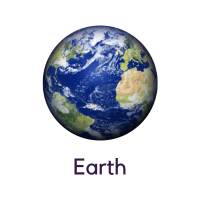
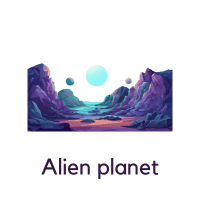

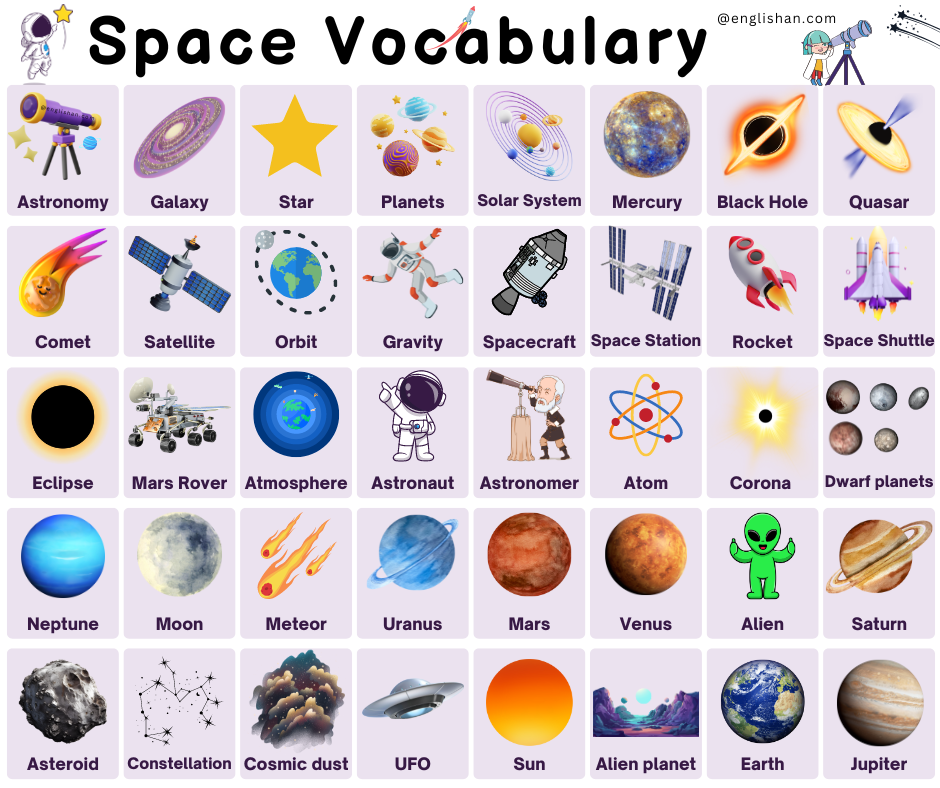
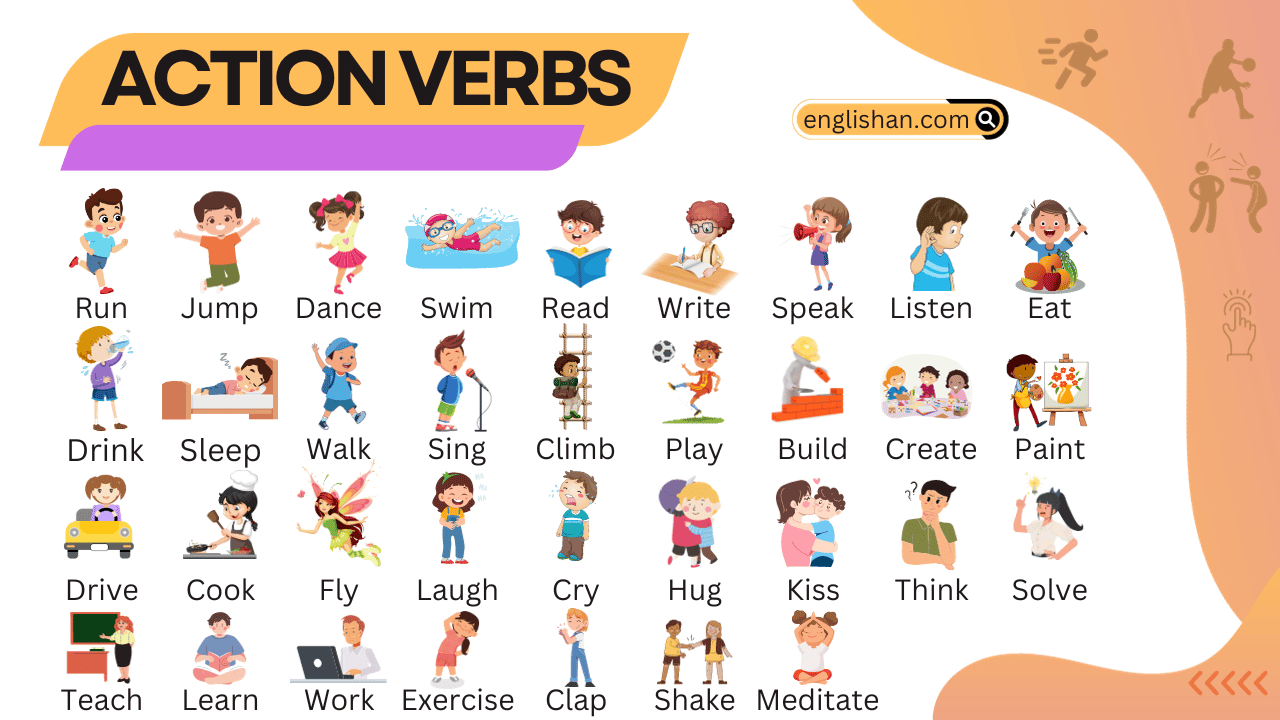


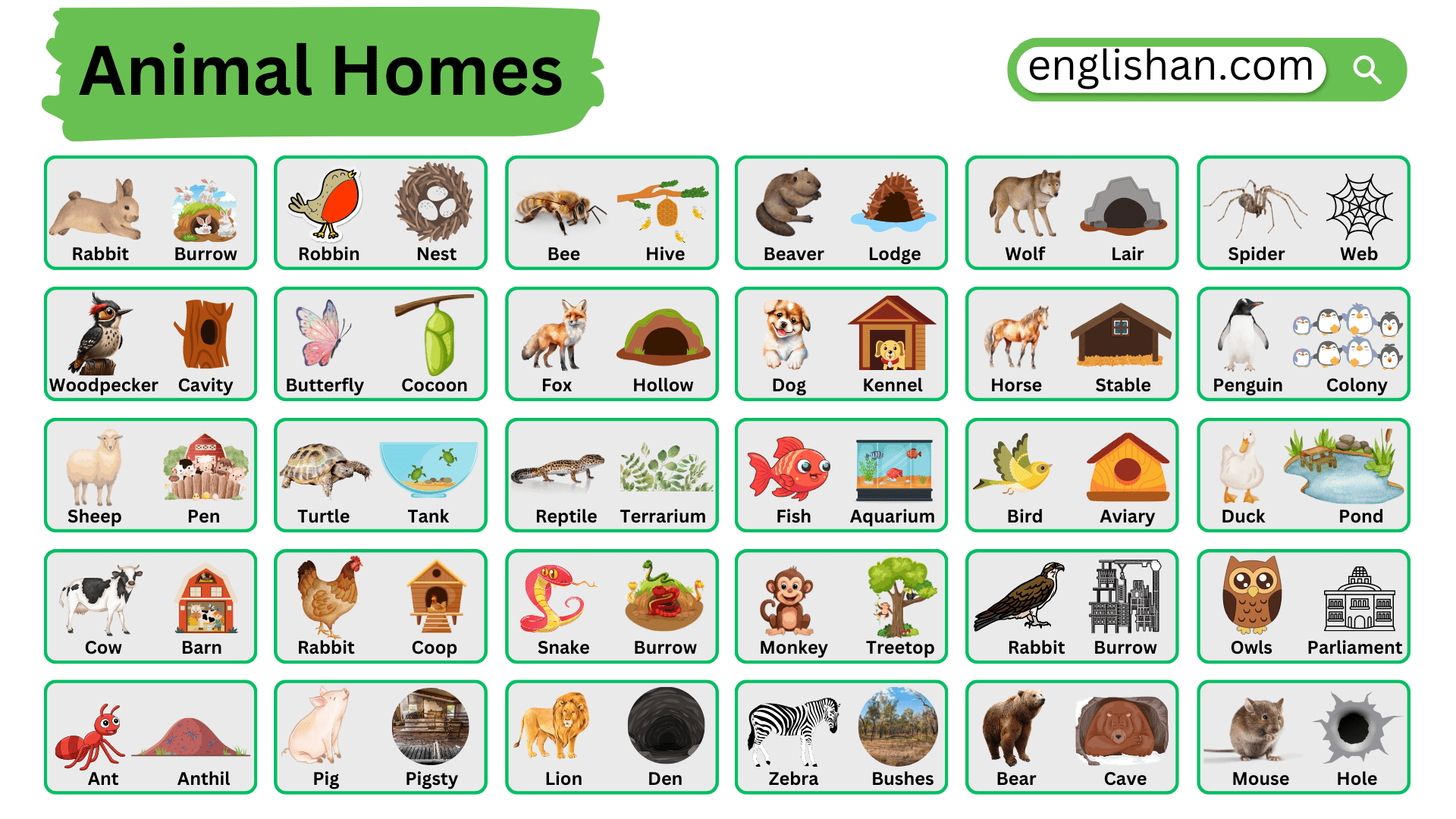
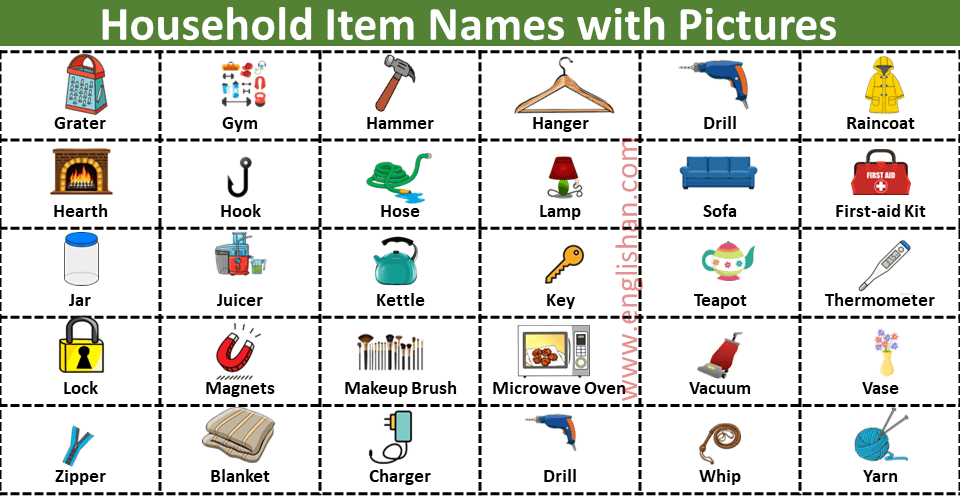

Please send me animals and their homes pdf